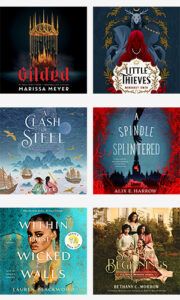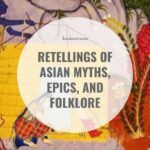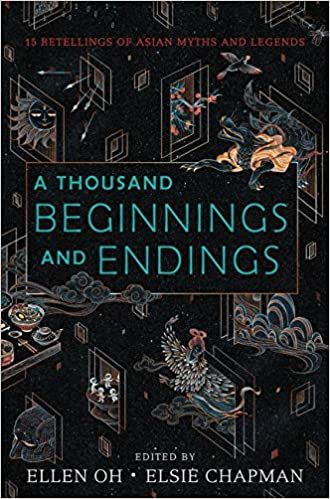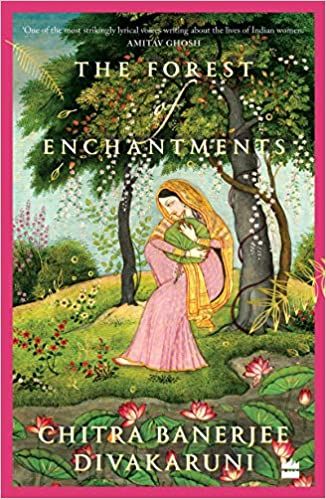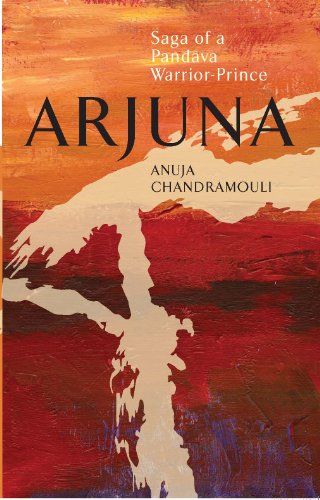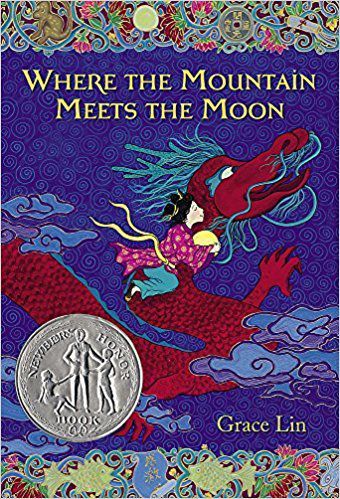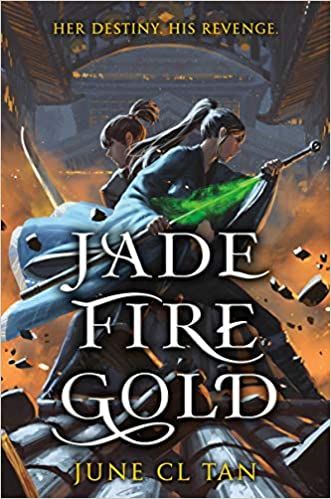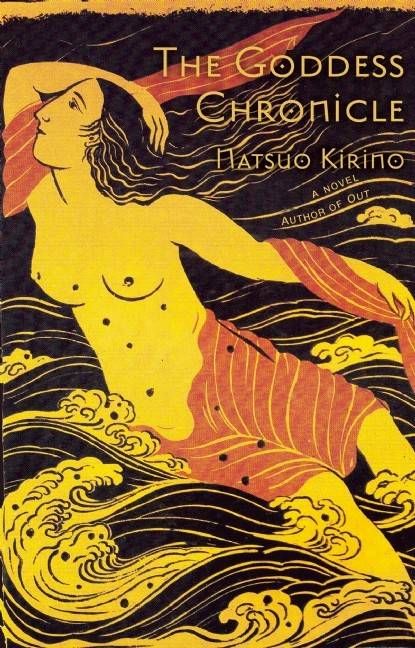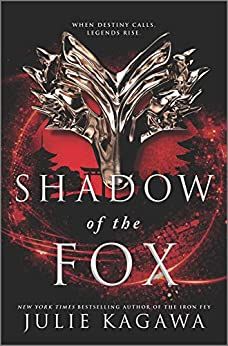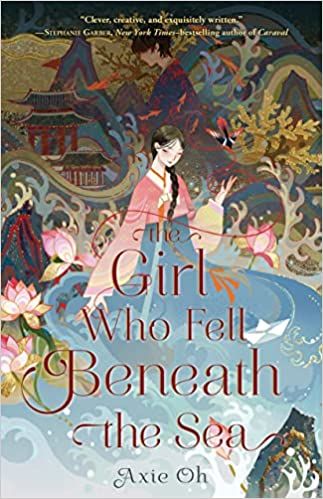This collection of audiobooks features classic stories and favorite fairy tales and reimagines them with modern flair. Marissa Meyer takes on Rumpelstiltskin in Gilded, Lauren Blackwood gives an Ethiopian-inspired fantasy twist to Jane Eyre in Within These Wicked Walls, Alix E. Harrow puts her own spin on Sleeping Beauty in A Spindle Splintered, and more. Hear them all now! Modern retellings are the perfect way to repackage these ancient tales for new audiences, especially when those stories come from outside of Europe. Most grew up in the west hearing stories of Odysseus finding his way back to Ithaca and King Arthur pulling Excalibur from the stone. But not everyone grew up hearing about the Pandavas or creation myths outside the Bible. Being South Asian, I have a soft spot for stories that originated in Asia. They’re ancient, complex, and really great source material for novels. Although Asia is vast, with one country having dozens of ethnics groups and cultures, I thought it would be fun to explore some retellings from Asia as a starter. Here are some great retellings of Asian myths and legends. The list comprises stories from India, China, Japan, and Korea to give a sampling of retellings from these countries. Love retellings? Check out these new YA retellings and 100 fairytale retellings. This compilation of 15 retellings of Asian myths and legends will sweep you away to the richness that is Asia, from the East to the South. The stories range from star-crossed lovers to meddling immortals and will show you that it’s not just Europe that has a monopoly on fascinating myths and legends. I might be a little biased, but I can’t help but enjoy retellings of Hindu epics. I grew up listening to my grandma tell stories from The Ramayana and now as an adult love reading its retellings. The Forest of Enchantments is perfect for fans of Circe because it also explores a famous epic through the eyes of its most compelling female figure. In this case, you’ll get The Ramayana through the eyes of Sita. Yet another retelling of a Hindu epic, this retelling is specifically of The Mahabharata, which is the epic from which The Bhagavad Gita is derived. This retelling follows the epic’s greatest hero: Arjuna. As one of India’s greatest heroes, he’s always shown as indomitable, but this retelling shows his human side with a few humorous twists. China is home to some truly rich and incredible myths and legends. Where the Mountain Meets the Moon weaves together Chinese folklore and follows a young girl named Minli who toils in the fields in the day and listens to her father’s fantastical tales at night. Inspired by her father’s tales, Minli treks out to find the Old Man of the Moon, who she believes can change her family’s fortunes. Jade Fire Gold also draws upon Chinese mythology to tell the compelling story of Ahn, who has no family or past to speak of, and Altan, an heir who was stolen as a child. The two meet and decide to work together to unlock the secrets of their respective pasts. This book is particularly special because it draws on the tradition of Chinese Xianxia novels. Natsuo Kirino is a bestselling crime writer for a good reason, and in The Goddess Chronicle she explores the ancient Japanese creation myth of Izanami and Izanaki through a feminist perspective. On a mystical island shaped like a teardrop, there are two sisters who were born in a family of oracles. Unfortunately, fate pits them against each other. Yumeko has been raised by monks who teach her to hide her yokai nature as half kitsune and half human. But her home is burned to the ground, and she is forced to flee with the monks’ greatest treasure: an ancient scroll. The Girl Who Fell Beneath the Sea is a feminist retelling of the classic Korean folktale “The Tale of Shim Cheong.” Mina’s homeland is ravaged by storms, and the subsequent floods decimate entire villages. In an attempt to appease the Sea God, a maiden is thrown into the sea each year, to no avail. Many believe that Shim Cheong is the Sea God’s true bride, and she’s determined to end the storms once and for all.
